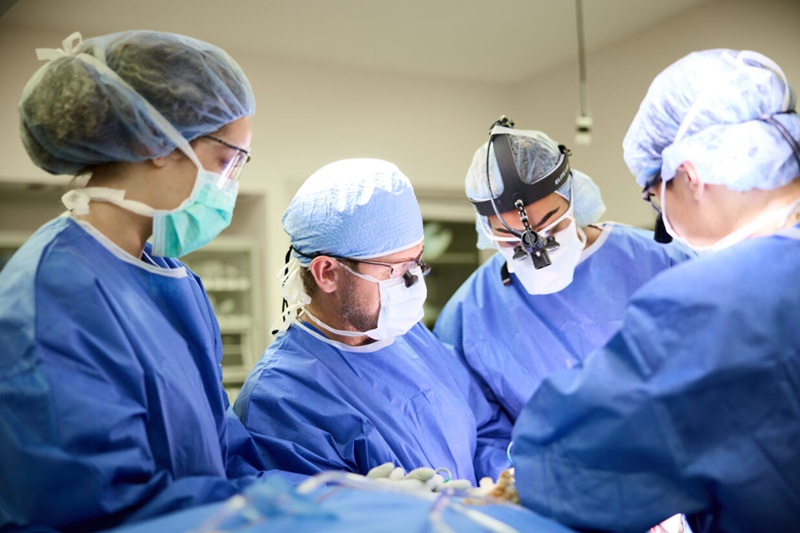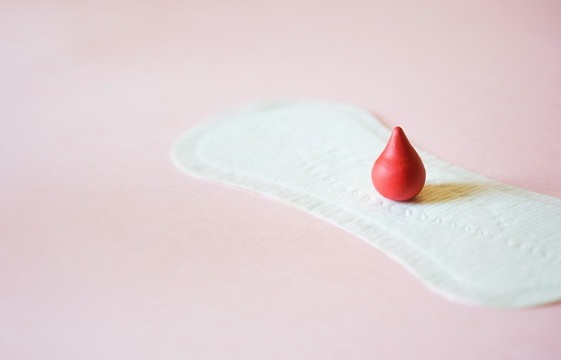Biosensor Chip Enables High-Sensitivity Protein Analysis for Disease Diagnosis
By LabMedica International staff writers
Posted on 19 May 2010
In the fight against cancer and other diseases, precise analysis of specific proteins can lead the way toward targeted treatments. Scientists have now developed an innovative biosensor chip that not only recognizes proteins that are characteristic for specific diseases, but also can reveal if these proteins are altered through the influence of disease or drugs.Posted on 19 May 2010
The human immune system recognizes pathogens by specific proteins on their surfaces. This detection principle manifests itself repeatedly in biology, and it is already used in medical tests. Such tests typically require relatively large amounts of sample material, however, and many problems cannot be examined in this manner. For some tests, the target protein must be chemically modified by reagents. That requires both time and well-trained lab technicians. Scientists from the Technische Universitaet Muenchen's (TUM; Germany) Walter Schottky Institute, together with Fujitsu Laboratories (Kawasaki, Japan), have developed a biosensor 100 times more sensitive than currently available tests in recognizing proteins that are characteristic for the clinical depiction of specific diseases.
The biosensor chip holds synthetic DNA molecules, which are negatively charged, in an aqueous salt solution. These long molecules are tied at one end to a gold surface. The free end is labeled with a fluorescent marker, so it can be optically observed; and at the very tip, the scientists can place a "capture probe,” a molecule that fits together with the target protein similar to a key in a lock. Alternating electric potentials set the DNA molecules in motion, swinging back and forth between "standing” and "lying” states with regular changes in a tightly confined but intense field. If the protein of interest is present in sample material placed on the biosensor chip, it will bind to the "key” molecule. Moreover, because this makes the DNA strands considerably heavier, their swinging motion will be clearly slower. Exact validation of the identity of the captured protein can be construed from measurements of this motion, since both the size and shape of the protein will affect the way the DNA molecules swing.
This approach is unique in its ability not only to determine the concentration of the target protein, but also to show if it is altered by the disease or the influence of medication. The scientists are currently working with a chip that can analyze 24 different proteins in parallel. "The potential to analyze, on a single chip, many proteins at once in terms of multiple parameters represents a significant advance,” noted Dr. Ulrich Rant, head of the project. Dr. Rant is a researcher in the laboratories of Prof. Gerhard Abstreiter at the Walter Schottky Institute, a central institute of TUM focused on the fundamental physics of semiconductor electronics.
Significant application areas for this biosensor chip technology, which the TUM scientists have named "switchSENSE,” include medical diagnostics, pharmaceutical drug development, and proteomics research. It could eventually make its way into the doctor's office, as a simple and quick analysis tool for identifying infectious diseases.
Dr. Rant and his team have founded a startup company to commercialize their development, supported by the Technische Universitaet Muenchen and their industrial partner Fujitsu Laboratories, Ltd. Further development is targeted toward completion of a pre-production prototype by the end of 2010 and collaborative pilot projects with customers in the biotechnology and pharmaceutical sectors.
Related Links:
Technische Universitaet Muenchen's
Fujitsu Laboratories













